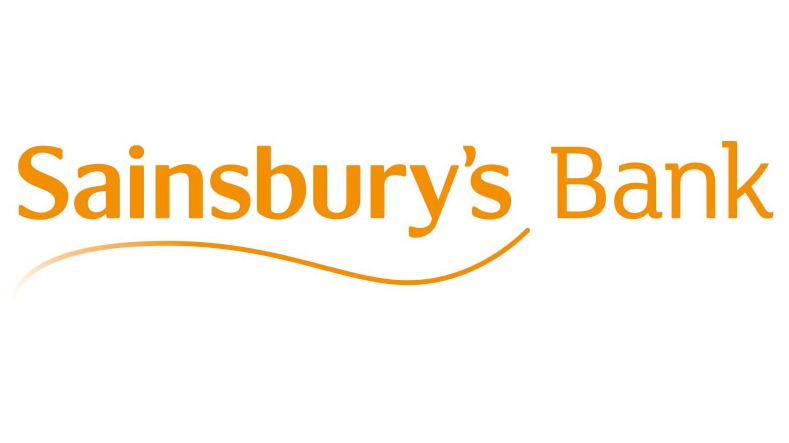Sainsbury’s has announced it will sell its core banking business to NatWest.
The move follows an announcement by the supermarket in January in which it revealed plans to withdraw from the banking sector.
As part of the agreement, NatWest will take over the retailer’s personal loan, credit card and retail deposit portfolios.
The supermarket said the transaction does not include its commission income businesses, including insurance, ATMs and travel money as these are “capital-light and profitable” businesses which have a strong connection to Sainsbury’s retail offering.
Argos Financial Services is also excluded from the sale, with Sainsbury’s saying it will provide an update on its plans for the business at a future date.
The deal is expected to complete by March 2025.
Sainsbury’s said the sale will allow it to focus its time and resources on growing the core retail business.
Sainsbury’s Bank will return “at least” £250 million of excess capital to the retailer once the deal is complete, with the company intending to return this to shareholders.
Sainsbury’s said that customers will see no immediate change as a result of the takeover.
“Following today’s announcement, we look forward to welcoming new customers to NatWest Group, where they will benefit from our expertise and award-winning digital banking offering,” said Paul Thwaite, chief executive of NatWest Group. “This Transaction is a great opportunity to accelerate the growth of our Retail banking business at attractive returns, in line with our strategic priorities.
“As well as a complementary customer base, the Transaction is expected to add scale to our credit card and unsecured personal lending business within existing risk appetite.”
In February, Tesco reportedly launched a formal review into its presence in the financial services sector which could trigger a formal sales process of Tesco Bank.
A financial analyst told Sky News that the bank could be worth more than £1 billion based on its book value.
Latest News
-
Gemini to cut quarter of workforce and exit UK, EU and Australia as crypto slump forces retrenchment
-
Bank ABC’s mobile-only ila bank migrates to core banking platform
-
Visa launches platform to accelerate small business growth in US
-
NatWest to expand Accelerator programme to 50,000 members in 2026
-
BBVA joins European stablecoin coalition
-
eToro partners with Amundi to launch equity portfolio with exposure to ‘megatrends’
Creating value together: Strategic partnerships in the age of GCCs
As Global Capability Centres reshape the financial services landscape, one question stands out: how do leading banks balance in-house innovation with strategic partnerships to drive real transformation?
Data trust in the AI era: Building customer confidence through responsible banking
In the second episode of FStech’s three-part video podcast series sponsored by HCLTech, Sudip Lahiri, Executive Vice President & Head of Financial Services for Europe & UKI at HCLTech examines the critical relationship between data trust, transparency, and responsible AI implementation in financial services.
Banking's GenAI evolution: Beyond the hype, building the future
In the first episode of a three-part video podcast series sponsored by HCLTech, Sudip Lahiri, Executive Vice President & Head of Financial Services for Europe & UKI at HCLTech explores how financial institutions can navigate the transformative potential of Generative AI while building lasting foundations for innovation.
Beyond compliance: Building unshakeable operational resilience in financial services
In today's rapidly evolving financial landscape, operational resilience has become a critical focus for institutions worldwide. As regulatory requirements grow more complex and cyber threats, particularly ransomware, become increasingly sophisticated, financial services providers must adapt and strengthen their defences. The intersection of compliance, technology, and security presents both challenges and opportunities.
© 2019 Perspective Publishing Privacy & Cookies













Recent Stories